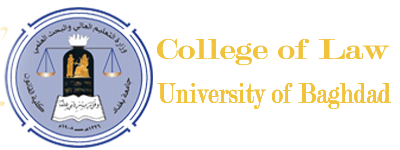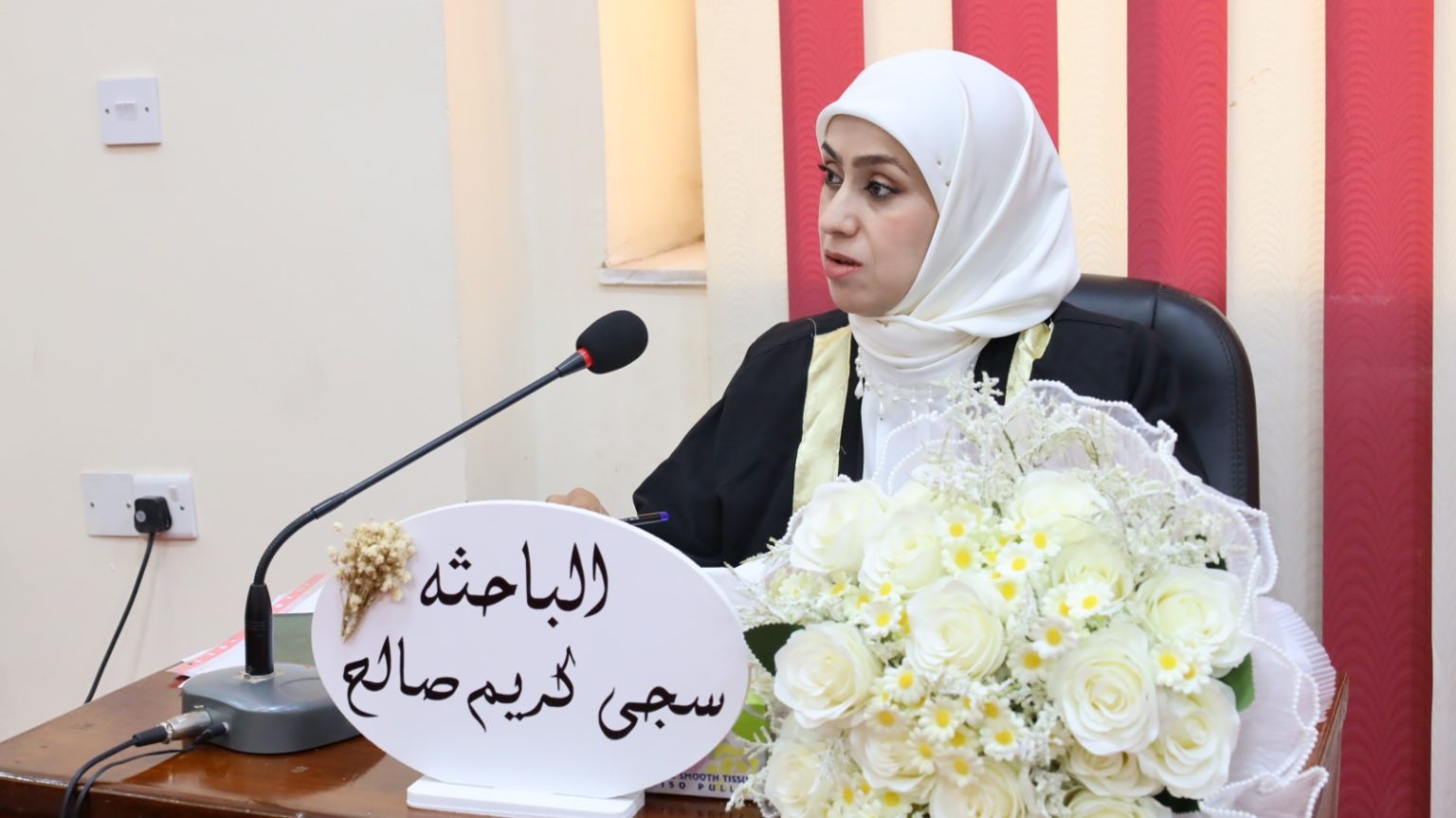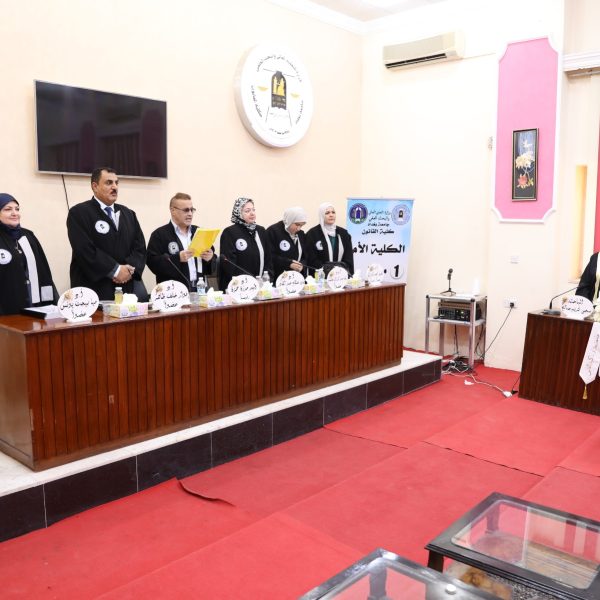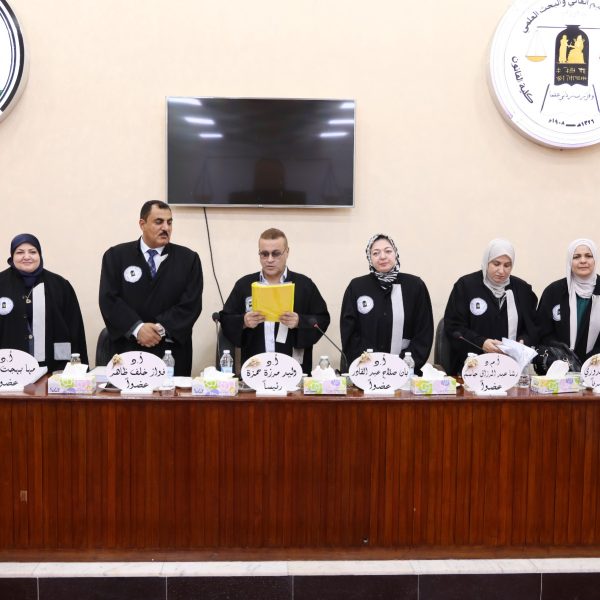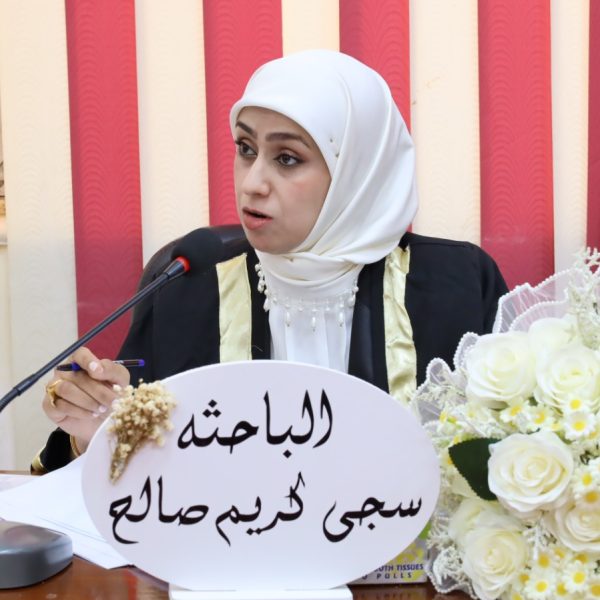The College of Law at the University of Baghdad discussed a doctoral dissertation entitled “The State Council’s Approaches to Developing the Disciplinary System in Iraq,” by the student Saja Kareem Saleh, from the Department of Public Law. The discussion took place on Wednesday, July 2, 2025, in the college’s conference hall.
The examination committee consisted of the following members:
1.Prof. Dr. Walid Murza Hamza – Chairman
2. Prof. Dr. Ban Salah Abdel Qader – Member
3. Prof. Dr. Fawaz Khalaf Zahir – Member
4. Prof. Dr. Maha Bahjat Younis – Member
5. Asst. Prof. Dr. Rasha Abdul Razzaq Jassim – Member
6. Prof. Dr. Taghreed Muhammad Qaddouri – Member and Supervisor
The dissertation aimed to keep pace with the most important legal principles established by the Iraqi State Council by clarifying its binding opinions and final judicial rulings in the disciplinary field. It sought to develop a guide based on these legal principles to assist employees working in investigation departments within ministries and their affiliated agencies in applying disciplinary sanctions.
The dissertation was divided into three chapters:
•The first chapter addressed the developmental role of the State Council.
•The second chapter examined the impact of the State Council’s developmental role on administrative investigations.
•The third chapter focused on the impact of the State Council’s developmental role on the rules governing the imposition of disciplinary sanctions.
The dissertation concluded with several important recommendations, including:
1. The Iraqi legislator should adopt the legal principles issued by the Iraqi State Council regarding the discipline of state and public sector employees and incorporate them into complementary and amended legislative texts within the proposed Federal Civil Service Law.
2. The Iraqi legislator should address the legal regulation of the Iraqi State Council by clearly stipulating the mandatory nature of these legal principles, especially those issued by the Supreme Administrative Court.
3. It is recommended to organize the independence of investigative committees, recognizing its importance in safeguarding administrative investigation procedures from interference by executive authorities, especially nepotism and the widespread corruption in state departments, which negatively affect the committees’ work.
